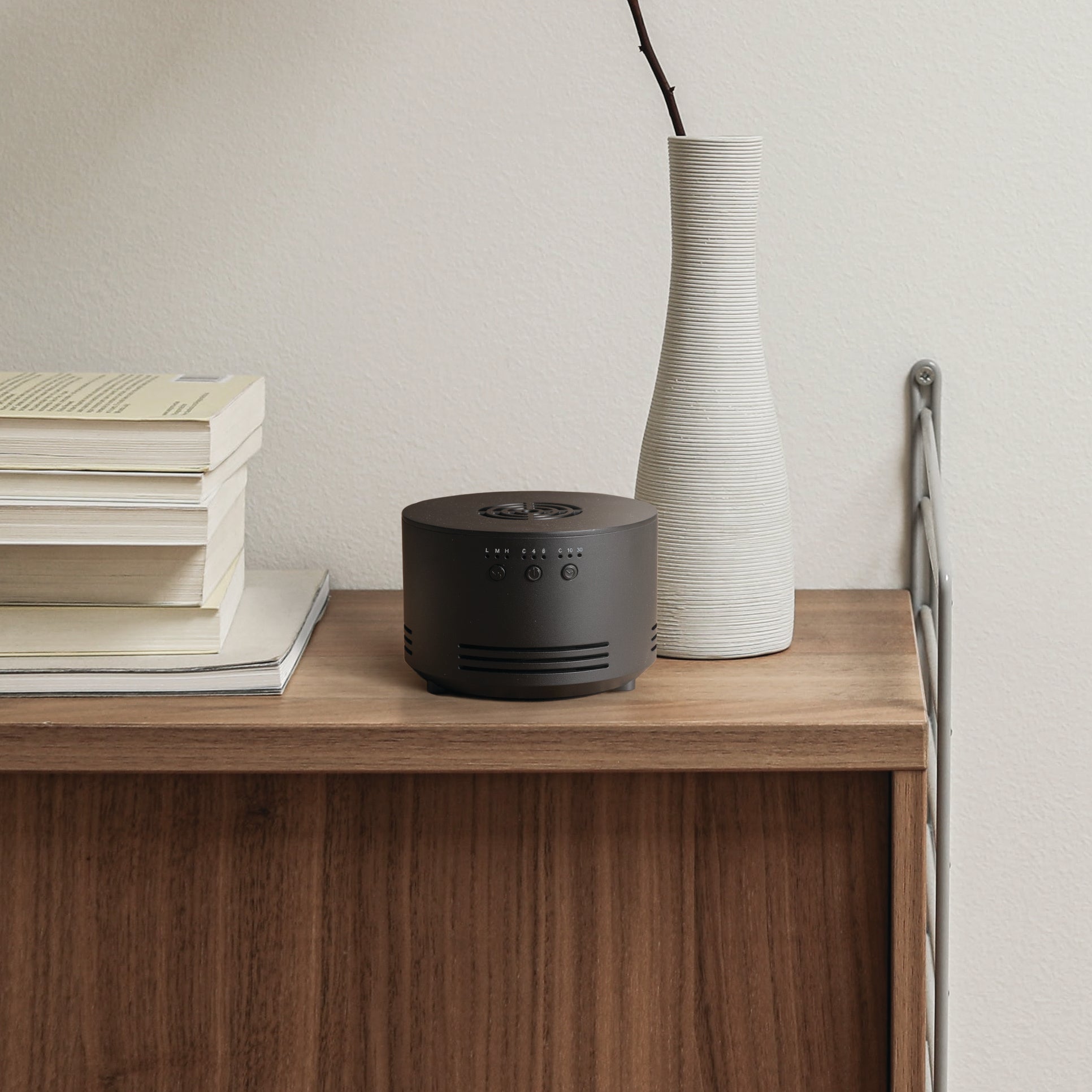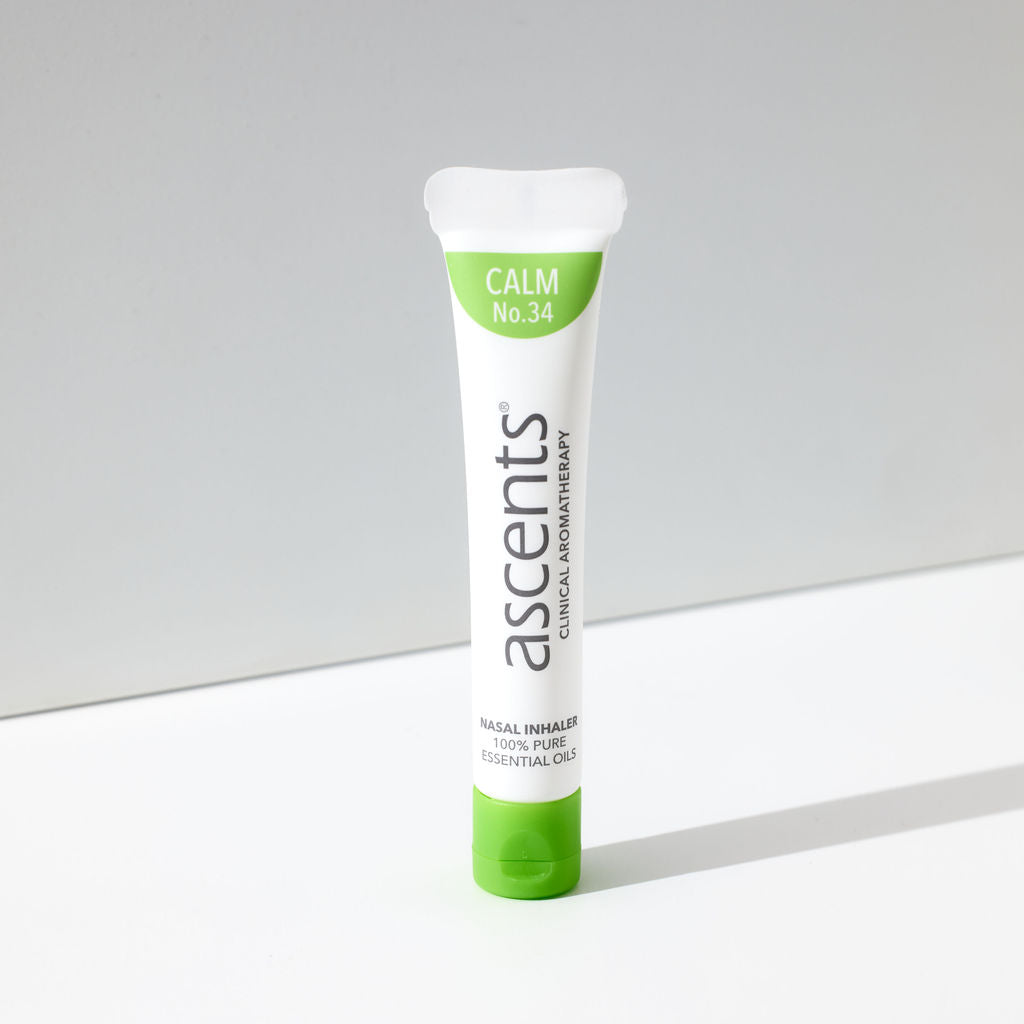
What Helps with Morning Sickness, Nausea & Vomiting in Pregnancy?
Article Revised 09/09/23
Wondering what helps with morning sickness? You’re not alone. According to research, between 70-80% of women suffer from vomiting and/or significant feelings of nausea during their pregnancies.
What causes pregnancy nausea and vomiting (emesis)?

The causes of morning sickness, nausea, and vomiting (also called “emesis”), are still not entirely understood. However, there are two substances that most doctors believe likely contribute.
Hormones: Human Chorionic Gonadotropin (HCG) & Estrogen
Many studies point to hormones as a potential cause of morning sickness, in particular, the production of a pregnancy hormone called human chorionic gonadotropin, more commonly known as HCG. Pregnant women begin producing HCG almost immediately after a fertilized egg attaches to their uterine lining (it's also what pregnancy tests detect in urine). In healthy pregnancies, levels of HCG increase quickly once production begins.

The reason many medical professionals believe that HCG may be a primary contributor to nausea and vomiting in pregnancy (NVP) is due to existing research that examines pregnancies involving twins or multiples. Women who become pregnant with more than one viable embryo have higher levels of HCG than women carrying single embryos. These women are also more likely to experience morning sickness. Additionally, women who experience an extreme version of pregnancy nausea and vomiting -- hyperemesis gravidarum -- also tend to have elevated levels of HCG. Both types of research make it seem as though HCG is probably one of the major causes of morning sickness during pregnancy.
Estrogen, another hormone, may contribute to NVP as well. Although estrogen is produced at varying levels throughout women’s lifetimes, during pregnancy, it tends to surge over the course of pregnancy. Higher levels of estrogen have also been associated with elevated levels of pregnancy nausea and vomiting.
What helps with morning sickness and pregnancy-related nausea and vomiting?
Every pregnancy is different, so what helps alleviate morning sickness for one person may not work for another. However, with so many options available to help relieve pregnancy nausea and vomiting, chances are at least one may be effective in stopping or at least decreasing some of the worst of your symptoms. But as always, be sure to talk to your doctor before trying any of the following ways to address your morning sickness.
Keeping Something in Your Stomach

Although it may seem counter-intuitive, an empty stomach gives stomach acid nowhere to go and nothing to do, which can lead to a build-up that causes acid reflux, nausea, and vomiting. This is especially true for pregnant women who are experiencing morning sickness. If you feel like you can’t eat an entire meal, try plain crackers and weak pregnancy teas or ginger ale.
Smaller, healthier meals
Conversely, eating too much can cause you to feel sick when you’re pregnant, especially in the first trimester when your hormones are surging, and in the third trimester when your baby is starting to push against your internal organs -- including your stomach. Greasy or fatty foods can also contribute to nausea and vomiting during pregnancy. However, if you’re someone who has a hard time keeping anything down while pregnant but for some reason, pepperoni pizza with extra cheese gives you zero problems, then by all means -- eat what you’re able to during this time!
Inhaled essential oils for morning sickness (aromatherapy)
Aromatherapy and essential oils have been used for centuries, if not millennia, for pregnancy nausea relief. Research has shown that some of the best essential oils for morning sickness symptoms include ginger, citrus essential oils like sweet orange and lemon, cardamom, lavender, and peppermint. It is important to note that these essential oils should only be used as inhaled aromatherapy, especially during pregnancy.
Aromatherapy comes in many convenient new forms now that its use in hospital and healthcare settings has gained traction. You can now find aromatherapy for nausea relief in the form of not just liquid oils to be used in diffusers, but also in the form of personal inhalers and wearable patches. Never take essential oils internally, especially while pregnant.



Liquid Essential Oil Formula Personal Inhaler Wearable Patch
Healthcare professional?
Sour candies, lollipops and lozenges
Sour candies and suckers can help decrease nausea by increasing salivation. There are even lollipops and candies available that are expressly marketed toward pregnant women who are looking for morning sickness relief. One popular brand is by the company Three Lollies, the maker of Preggie Pops, which are available as both suckers and drops. Others by Pink Stork and Traditional Medicinals are also available and well-reviewed.
Ginger candy, chews & supplements
Research has shown that regular use of ginger supplements can help decrease feelings of nausea in pregnant women by about 10% on average, and for some women, can even stop them from vomiting. Large-scale reviews of research regarding ginger’s safety during pregnancy generally suggest that it is safe to use; however, some smaller studies suggest that it may negatively affect fetal sex hormones. Its use is also contraindicated for those who have a higher risk of miscarriage or are in their final trimester of pregnancy. As with all treatments, always check with your doctor to find out if it’s an appropriate morning sickness remedy for your situation.
Acupressure bands and manual acupressure techniques
Many women report that acupressure relieves nausea during pregnancy, and these feelings seem to be more than a placebo effect. Research has shown that acupressure can decrease morning sickness by a statistically significant percentage with regular treatment, specifically when it is applied at the PC-6 anatomical site.
Acupuncture
Acupuncture is another research-backed intervention that can help stop nausea and vomiting in pregnancy. It works similarly to acupressure and uses the same anatomical sites, particularly P-6. Additionally, some women swear by acupressure wristbands, like those sold under the brand name Sea Bands.
Vitamin B6 (pyridoxine) supplements
Vitamin B6 has been recommended by doctors for decades to help mitigate the effects of morning sickness. Research has provided some interesting insights into its efficacy in comparison to other therapies over the years. For instance, a systematic review of the scientific literature concluded that at smaller doses, ginger is more effective than B6, but at higher dosages, their effectiveness was the same. Additionally, B6 was found to be more effective when used over longer treatment periods -- in this case, 60 days.
Doxylamine (Unisom) and Diclegis

Doxylamine, sold under the brand name Unisom, is an over-the-counter (OTC) drug that is labeled for use as a sleep aid. It is also a mild sedative and is well known for helping reduce nausea during pregnancy, especially when used with Vitamin B6. However, about 10 years ago, a new combination therapy for pregnancy nausea consisting of doxylamine and pyridoxine -- Diclegis® -- was approved by the FDA expressly for the treatment of morning sickness. It was labeled as a Class A drug, giving it the highest safety rating for use during pregnancy, giving women a powerful new option to control their nausea and vomiting, especially when hyperemesis gravidarum is present.
Other anti-nausea medications (Ondanestron; “Zofran”)
Ondansetron -- most often sold under the brand name Zofran -- is the most commonly prescribed medication for severe nausea and vomiting during pregnancy. Although it can be extremely effective, its use for morning sickness has not been approved by the FDA, and prescribers who offer it as an option are doing so “off-label.” Because of this, and because it has been linked to some reports of increased risk of birth defects as well as maternal heart problems, it is very important to discuss with your doctor whether or not the use of Zofran during pregnancy is right for you, even though the risks appear to be minimal at this time.

While morning sickness can be exhausting, frustrating, and even debilitating, the good news is that many studies have demonstrated that women who experience nausea and vomiting during their first trimesters have a lower risk of miscarriage than women who do not. If you are currently looking for information about pregnancy nausea relief, then chances are that you are also at the beginning of a healthy pregnancy. With so many effective options now available, it’s often simply a matter of talking with your doctor or midwife about your choices and figuring out which one works best for you.











Leave a comment
This site is protected by hCaptcha and the hCaptcha Privacy Policy and Terms of Service apply.